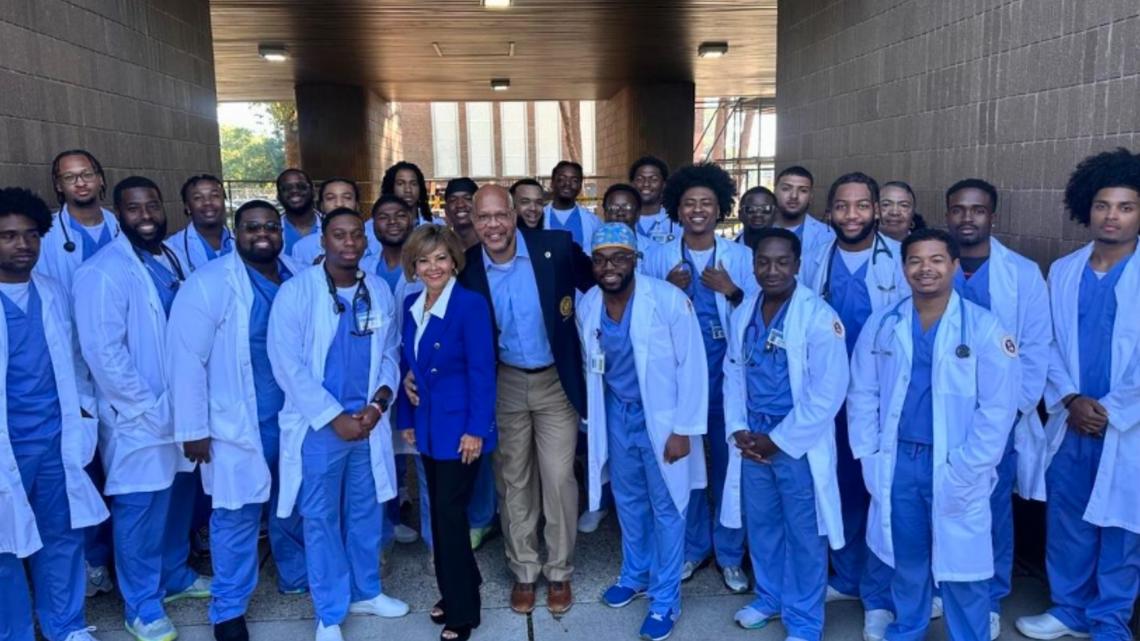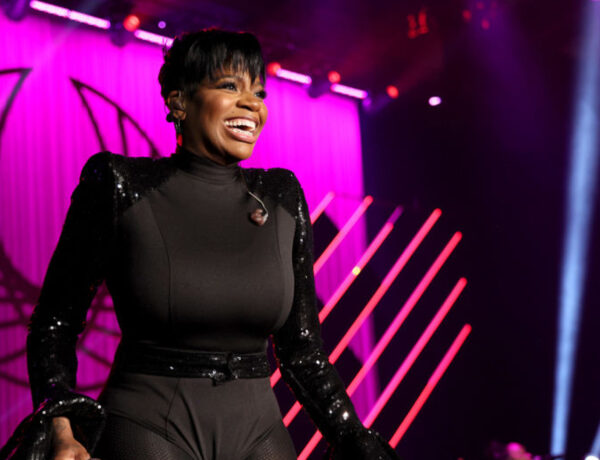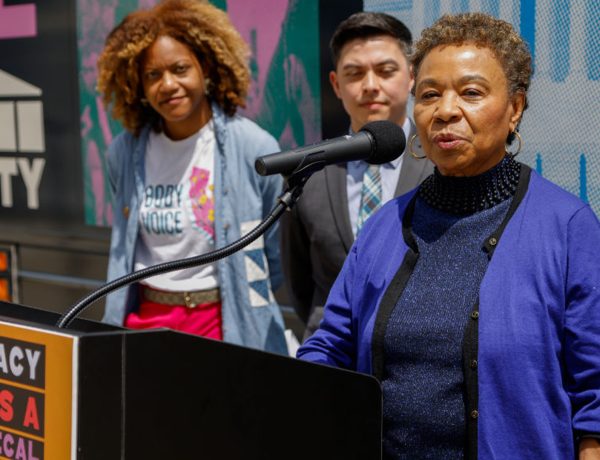Southern University’s College of Nursing and Allied Health is breaking barriers and making history in remarkable ways.
According to WBRZ-2 News, the Baton Rouge, LA-based Historically Black College and University has achieved a significant milestone by welcoming the largest cohort of Black male nursing students in its history — 33 individuals.
“The diversity of males in healthcare is very important for us,” said nursing student James Rodgers. “So to be a part of something like this is legendary for us.”
Student Ray Washington added, “I think now other males, younger black males, older males having the opportunity to see what we’re doing here is only going to ignite a fire in them and say we have the opportunity to decide our own story and not allow the world to make that decision for us.”
The students are determined to transform the face of healthcare while challenging stereotypes. Their commitment goes beyond caring for their peers; they aspire to make a lasting impact on their communities — and they said this is just the beginning.
“Black men can do other things besides football and basketball, or being incarcerated in places like prison, so this is seen as an option that they can have,” said nursing student John Babin.
The nursing students’ efforts highlight the importance of representation in minority communities.
Visible Magazine reported that of 4.2 million registered nurses in the U.S., Black nurses represent just 6%, and men make up only 9.4% of the workforce. The number of Black male nurses is so tiny that it cannot be counted statistically.
“Public trust begins with public health,” said Southern’s nursing school dean Sandra Brown, WBRZ-2 reported. She emphasized the need for diversity in healthcare, adding, “So, you have to have individuals who are culturally diverse to be able to relate and impact the outcomes of the patients they serve.”
Southern University’s landmark cohort arrives at a time when HBCUs face a historic decline in Black male enrollment. As AFROTECH™ reported, HBCUs have noticed an 11% enrollment drop since 2010, indicative of a trend across higher education.
The decline among Black males is even more significant, with a 25% decrease at HBCUs compared to a 22% drop across all institutions. While the percentage difference is slight, its impact is more profound at HBCUs, where Black male students account for a large proportion of the student body.
Jacory Bernard, admission advisor at Atlanta, GA’s Morehouse College — the only all-male HBCU — remains optimistic about an increase across HBCUs, highlighting the hope he sees when engaging prospective male students.
“For these young Black boys growing up in our world, it is a challenge just existing. They had these preconceived ideas and notions of their identity in the context of the world. It is harder,” Bernard said, per AFROTECH™. “You have the entirety of your life to spend as a minority in America; there is something profound about choosing for four years to be the majority.”





